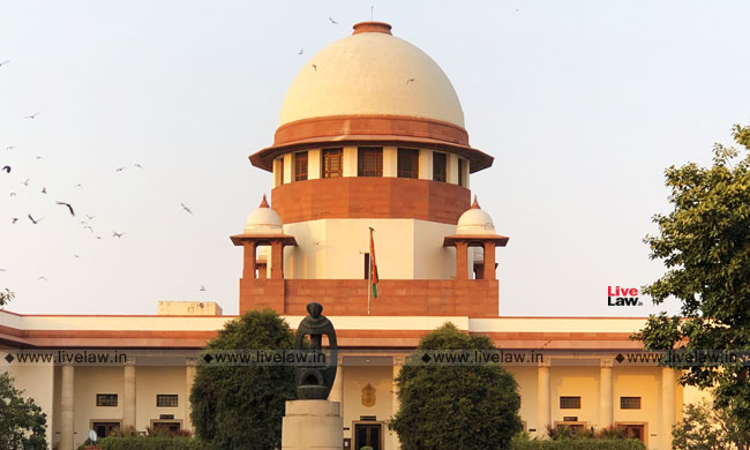Supreme Court Stays Disciplinary Proceedings Against Labour Judge, Issues Notice To Madras High Court
Srishti Ojha
3 March 2021 8:38 PM IST

Next Story
3 March 2021 8:38 PM IST
Supreme Court has on Tuesday issued notice in plea filed by a Labour Court Judge against disciplinary proceedings against him ordered by the Madras High Court. The top Court has issued notice to Madras High Court, returnable in four weeks. A three Judge Bench of CJI Bobde, Justice Bopanna and Justice Ramasubramanian has also ordered a stay on impugned order of the High Court dated...
